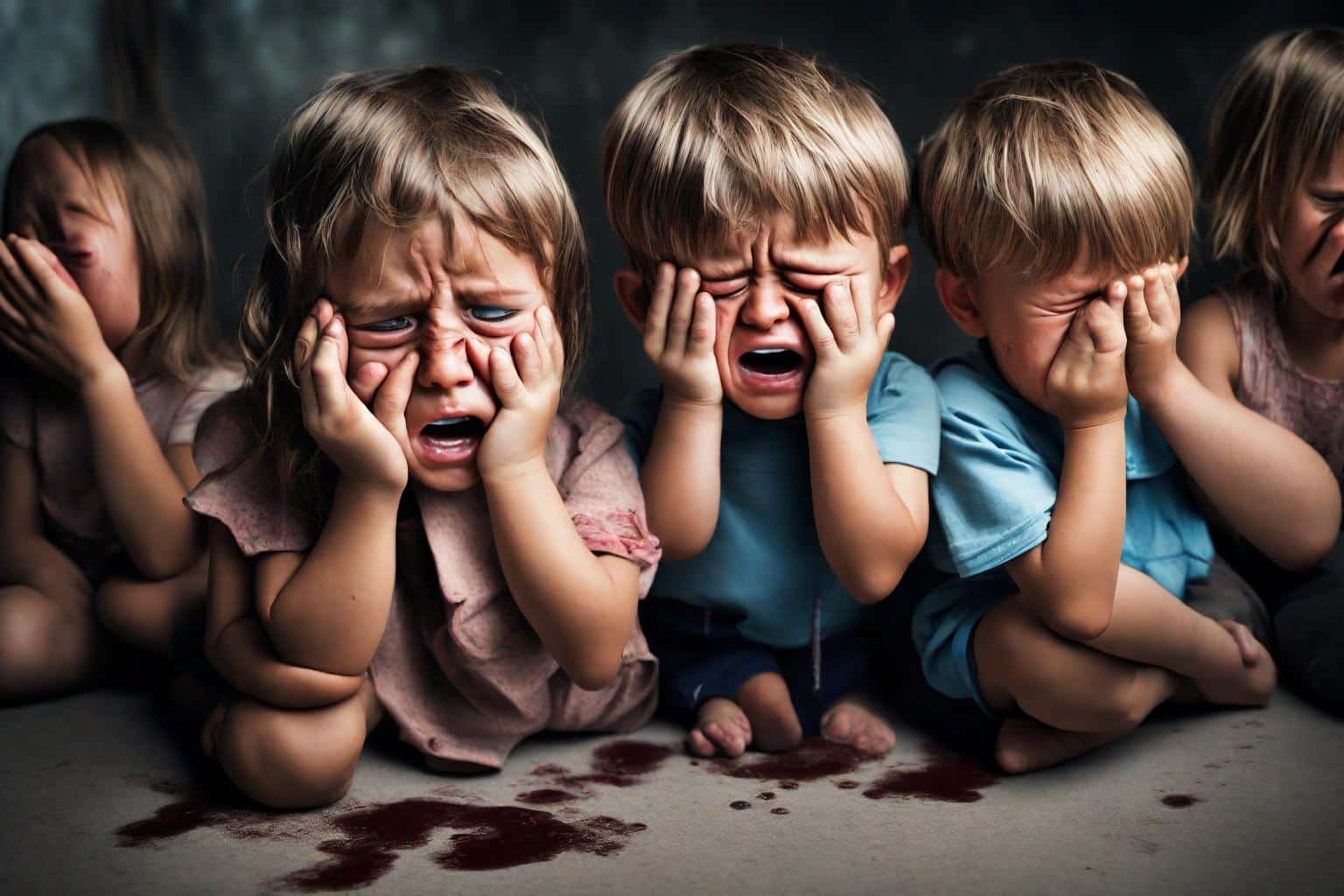Video Credit : Hindustan Times
Saudi Princess on Israel Palestine Conflict:
In a surprising twist of fate, the Saudi princesses have catapulted into the international arena with an impressive address on the Israel Palestine issue as far back as 180 years. This speech that has been delivered passionately and kindly was noticed by many people and even created an array of discussions within different media.
She Says that we want Peace. We don’t want more children to die. War is not a solution to the problem.
Explanation
The unnamed Saudi princess commenced her speech with an admission of historical complexities and human pain on both sides of the conflict. Her openness about this issue, considered a taboo in the region, has been roundly criticized and others have applauded her for providing new insights into this matter.
In her speech, the princess highlighted the importance of dialogue and peaceful negotiation as she pleaded with leaders from both sides to sit down at a table for the goodwill of their people within their region. She urged to stop violence and renewed efforts to find common grounds through diplomatic routes.
However, what made her speech unique was the appeal for sympathy and tolerance requesting people across the globe to forget prejudices or stereotypes in their minds. She also stressed how crucial it was to humanize those affected by the war, clarifying for the international arena that behind political intricacies are real people with real lives.
The princess also hoped that the international community would be a more active promoter of negotiations and initiatives that fostered cohabitation. Her demand for harmony and cooperation struck a chord with those who felt exhausted by the seemingly unending cycle of violence in this region.
Reactions:
The princess’s speech has caused varied reactions in the world. While some supporters recognized her courage to speak about a sensitive and controversial topic, others questioned whether a member of the Saudi royal family should so openly discuss the issue.
More leaders from different countries and organizations commented on the speech. In contrast, some applauded the princess for her attempt at promoting peace in a longstanding conflict and others remained skeptical about the effects of words.
There is a cornucopia of discussions, hashtags, and memes that are rendered in every possible social media platform— all aiming to spread the princess’s message far and wide. The contagious nature of the speech has rekindled debates over the Israel Palestine conflict and opinion maker’s ability to shape public opinion.
Though the speech by the Saudi princess is supposed to be a fictional case, it portrays how strong voices can reshape global discussions on the Israel Palestine conflict. The hypothetical situation can represent the importance of diplomacy, dialogue, and compassion in resolving one of the world’s longest wars.
Solutions to Israel Palestine Conflict
- Understanding the Historical Context
To comprehend the present, we must first delve into the historical roots of the Israel Palestine conflict. Exploring events that shaped the narrative provides essential insights into the complexity of the issue.
- Root Causes of the Israel Palestine Conflict
What are the underlying factors that fuel this ongoing struggle? Unpack the core issues that have contributed to the deep-seated tensions between Israel and Palestine.
- Impact on Civilians: A Humanitarian Perspective
Beyond political discussions, it’s crucial to recognize the human toll of this conflict. How have civilians been affected, and what steps can be taken to alleviate their suffering?
- International Intervention and Its Challenges
While global players often step in to mediate, the road to peace is fraught with challenges. Explore the role of international actors and the obstacles they face in resolving the conflict.
- Two-State vs One-State Solution
One of the ongoing debates revolves around the type of solution – a two-state or one-state approach. Delve into the merits and challenges of each, considering the implications for both parties.
- The Role of Religion and Identity
How do religious and cultural identities contribute to the conflict? Understand the significance of these factors and their impact on the path to resolution.
- Economic Collaboration: A Path to Unity
Can economic collaboration serve as a bridge to peace? Explore the potential of joint economic ventures in fostering cooperation between Israel and Palestine.
- Lessons from Successful Peace Agreements
Looking at historical examples, analyze successful peace agreements from around the world. What lessons can be applied in the Israel Palestine conflict or context?
- Grassroots Movements: People Power
Explore the impact of grassroots movements in influencing change. How can the collective efforts of ordinary people contribute to resolving the conflict?
- The Importance of Educational Reforms
Education plays a pivotal role in shaping perspectives. Investigate the significance of educational reforms in fostering mutual understanding and tolerance.
- Media’s Influence on Public Perception
Examine the role of media in shaping public opinion. How does media coverage influence perceptions of the conflict, and what role can responsible journalism play?
- Rebuilding Trust: Steps Toward Reconciliation
Trust, once shattered, is challenging to rebuild. Explore actionable steps that can be taken to rebuild trust and lay the groundwork for reconciliation.
- The Prospects of Regional Cooperation
Can regional collaboration contribute to a broader solution? Assess the potential of involving neighboring nations in the quest for lasting peace.
- Future Generations: Fostering Understanding
Investigate strategies for instilling a sense of understanding and empathy in future generations. How can education and cultural exchange shape a more harmonious future?
- Diplomatic Efforts: A Way Forward
In the grand scheme, diplomacy remains a key player. Assess current diplomatic efforts and explore potential pathways forward in diplomatic relations between Israel Palestine Conflict.


